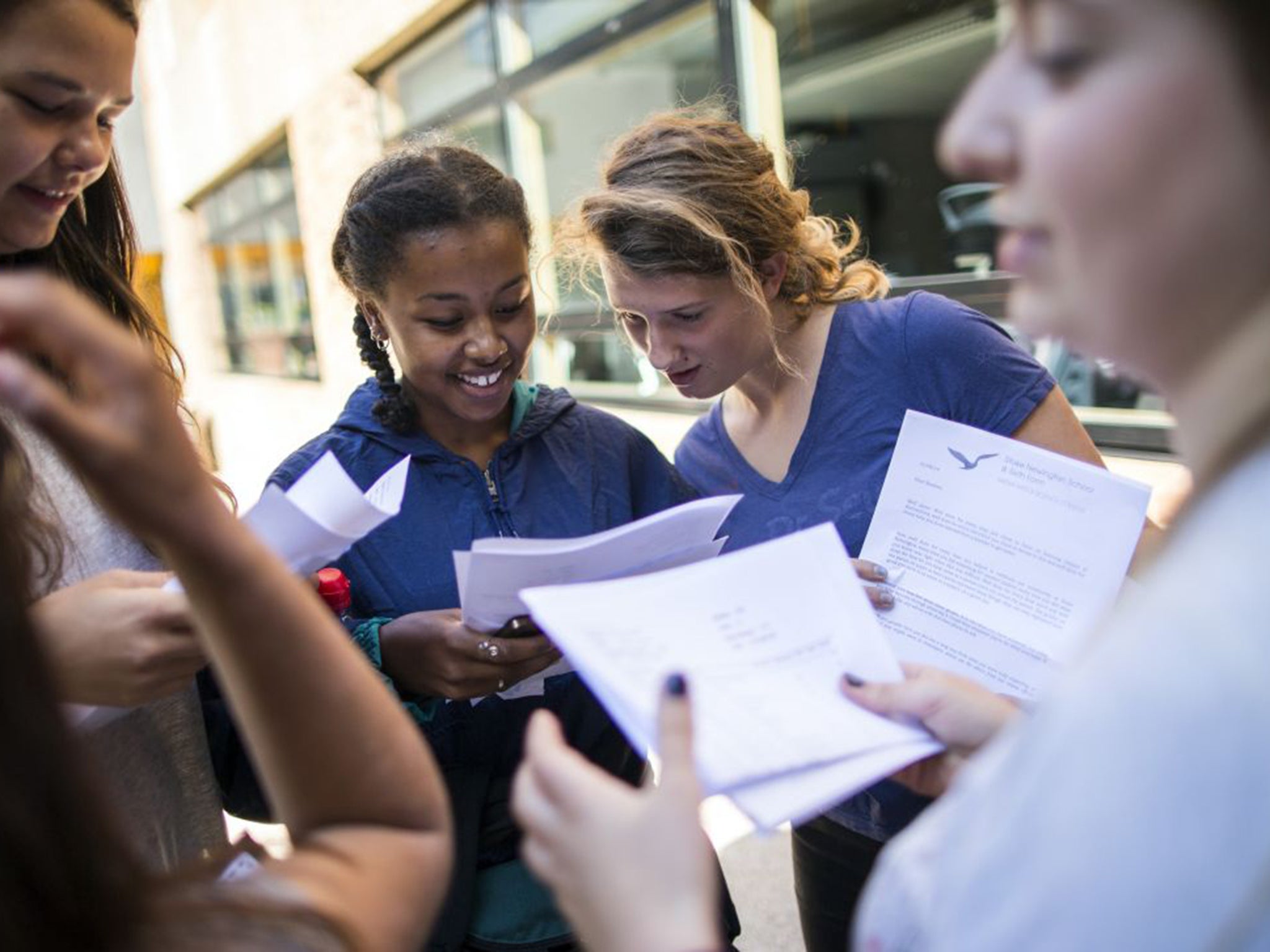Is a good education the best form of contraception? Teenage pregnancies fall as exam results improve
Figures released last month showed a 40 per cent reduction for under-18s

Getting a good education could be the best form of contraception for teenagers, according to a new study.
Researchers found that greater use of contraceptive implants and drugs had an almost statistically insignificant effect on the teenage pregnancy rate. But there was a much stronger link between better exam result and teenage births.
A paper called “Is Education the Best Contraception? The Case of Teenage Pregnancy in England”, published in Social Science and Medicine, said: “Educational performance is significantly associated with lower teenage pregnancies and the estimated effects are large. For example, a 10 per cent increase in GCSE [results] implies a reduction in the teenage conception rate of about 8 per cent.”
Figures released last month showed the pregnancy rate for under-18s in England – although still among the highest in the West – has fallen by more than 40 per cent. “Given that the numbers achieving five good GCSEs have increased by about 50 per cent since 2004, this factor alone has the potential to explain a large proportion of the recent decrease,” the paper said.
Previously it was thought that long-acting, reversible forms of contraception (Larcs), such as IUDs, were a key factor. But the study found a large increase of the use of Larcs had only a small effect. A 10 per cent increase in their use was associated with a reduction in the under-18 conception rate of about 0.3 per cent.
Professor David Paton, of Nottingham University, co-author of the study, said: “Our results have several policy implications. Our finding that promotion of long-acting contraceptives is unable to explain much if any of the recent reduction in teenage pregnancy somewhat undermines the heavy emphasis on these forms of birth control in recent years.”
The figures released last month revealed there were 24,306 conceptions among girls under 18 in 2013, compared with 27,834 in 2012. There were other potential factors. Teenage alcohol use, linked to a higher pregnancy risk, has fallen. In 2004, 23 per cent of 11- to 15-year-olds reported drinking alcohol in the past week; this had fallen to 10 per cent in 2012.
Subscribe to Independent Premium to bookmark this article
Want to bookmark your favourite articles and stories to read or reference later? Start your Independent Premium subscription today.

Join our commenting forum
Join thought-provoking conversations, follow other Independent readers and see their replies